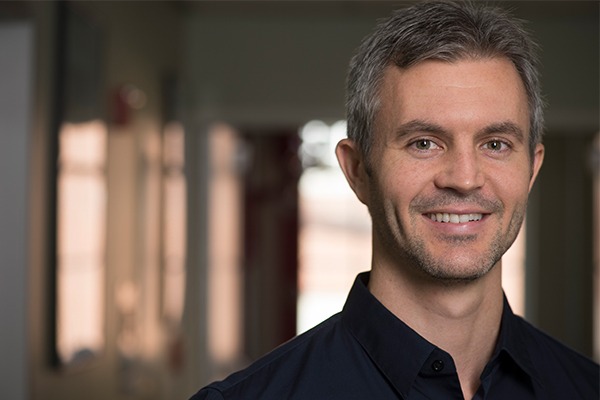Nicholas Durr, assistant professor in the Department of Biomedical Engineering, has received a technology development grant through the Louis B. Thalheimer Fund for Translational Research.
A total of 14 researchers applied for the latest funding round. Finalists pitched their proposals virtually in late May to an outside panel of independent researchers and investors, innovation executives and venture investors.
“We are excited to have received strong applications for disruptive technologies with commercialization potential that can have a future impact on human health and well-being.” says Nicole Snell, associate director of ventures at FastForward, the startup accelerator program for Johns Hopkins Technology Ventures (JHTV).
Established through a generous $5.4 million gift from businessman and philanthropist Louis B. Thalheimer, the fund provides seed funding for vital proof-of-concept and validation studies of Johns Hopkins technologies.
More about Durr’s project:
Urinfo: Holographic Urine Monitoring to Prevent Catheter-Associated Urinary Tract Infections
Principal investigator: Nicholas J. Durr, assistant professor in the Department of Biomedical Engineering
The pitch: Real-time patient monitoring for early signs of potential infection
Catheter-associated urinary tract infections (CA-UTIs) are the most common hospital-based infections. A significant risk factor is prolonged used of a catheter, and nearly 80% of the 500,000 annual cases are thought to be preventable with timely intervention.
The current approach to managing CA-UTIs is mostly reactive, monitoring for symptoms followed by diagnostic confirmation. Durr and his collaborators have invented a lens-free imaging device that can provide continuous, noninvasive analysis of urine to with the potential to detect early signs of CA-UTI.
A flow chamber sits between the catheter and urine bag that is continually imaged, from which the urine’s bacterial load is determined through an algorithm. If the load surpasses a predefined threshold or displays a worrisome trend, the clinician is alerted. Flow chambers would be changed for each patient, while the rest of the system would be reusable.
JHTV is pursuing patent protection for the technology. The team has developed a benchtop prototype of the system, and part of the Thalheimer funding will go toward developing a bedside prototype. They also will use the grant to collect initial data to prepare a federal Small Business Innovation Research grant application.
Working with Durr on the project are Stuart C. Ray, a professor in the Division of Infectious Diseases at Johns Hopkins Medicine; René Vidal, a professor of biomedical engineering and director of the Mathematical Institute for Data Science (MINDS); Benjamin Haeffele, an associate research scientist at MINDS; Taylor Bobrow, a Ph.D. candidate in Durr’s lab; Gregory McKay and Carolina Pacheco, both Ph.D. candidates in biomedical engineering; and teams of undergraduate students from biomedical engineering and mechanical engineering. Research for the project was supported by the National Institutes of Health’s National Institute on Aging.

